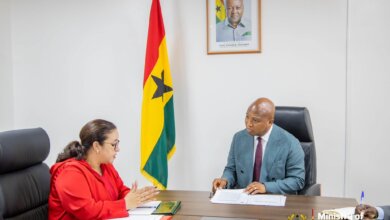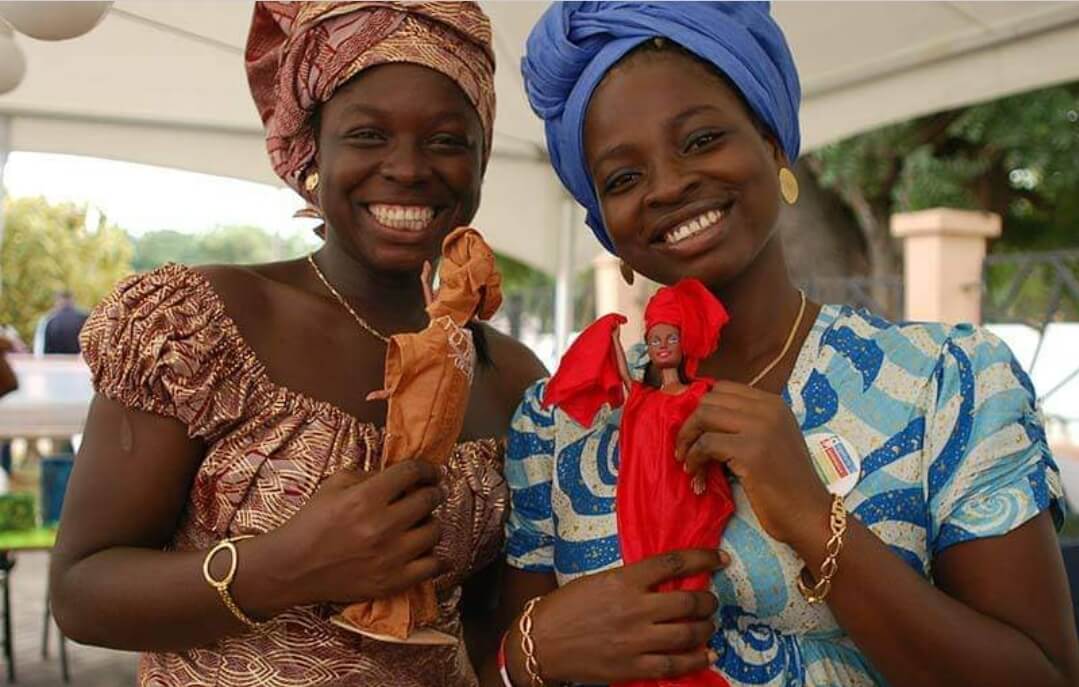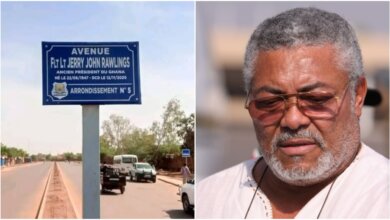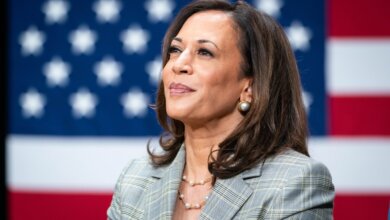Pan-African Congress returns to Lomé, Togo after delays
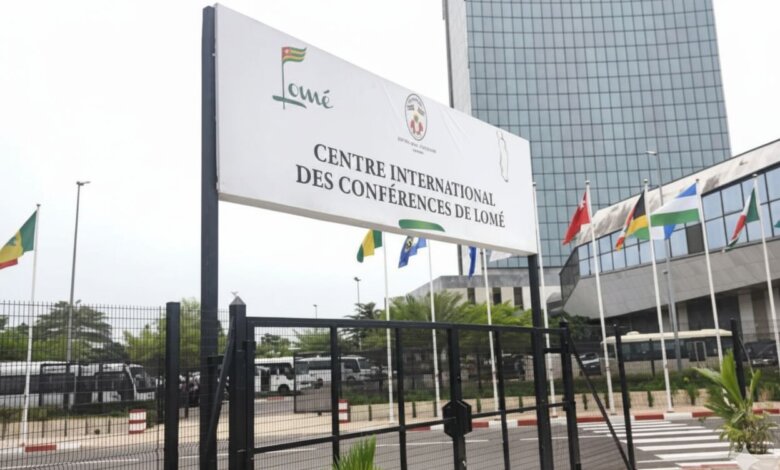
The 9th Pan-African Congress will take place December 8–12 in Lomé, Togo, marking the first gathering of its kind in three decades following a long delay. The highly anticipated summit is expected to draw African leaders, policymakers, academics, legal experts and civil society actors, along with a diverse delegation from the global African diaspora.
Discussions will focus on reinvigorating Pan-Africanism and strengthening the continent’s voice in global governance at a time when African nations are pushing for fairer representation in international institutions.
“The need for a 9th Pan-African Congress in Lomé has imposed itself on Africa for several reasons,” said Togolese Foreign Minister Robert Dussey, in his announcement in September.
“Among them, the need to put an end to the paradox between the African Union’s clearly expressed desire to involve the diasporas more in the continent’s development, and the feeling of abandonment felt by many Afro-descendants.”
Dussey said the congress arrives at a crucial moment for relations between the continent and its diaspora, which the African Union recognises as Africa’s “sixth region” but has struggled to meaningfully integrate into development agendas.
This year’s convening will examine the widening gap between diaspora communities and continental institutions, an issue experts say has contributed to disillusionment among Afro-descendants globally. Organizers hope Lomé will serve as a reset point; one that redefines diaspora engagement and positions it as a central pillar of renewed African solidarity.
Delegates will also deliberate on strategies to strengthen Africa’s influence in multilateral systems amid mounting calls for reform at the United Nations, the IMF, and other global bodies. Advocates argue that Pan-Africanism must evolve from an ideological framework into a practical tool for navigating shifting geopolitical dynamics.
The Pan-African Congress series began in 1900, when Trinidadian lawyer Henry Sylvester Williams convened thirty-two delegates in London to protest colonialism and racism. Over the next seven decades, the gatherings grew increasingly.
The landmark sixth congress in Manchester in 1945 brought together future presidents Kwame Nkrumah of Ghana and Jomo Kenyatta of Kenya, who issued a ringing demand for “autonomy and independence.” The seventh, held in Dar es Salaam in 1974 and hosted by Julius Nyerere, was the first on independent African soil and focused on completing the liberation of Southern Africa and fighting apartheid.
After 1974, the congresses stopped. Newly independent governments, wary that continental unity might threaten their own sovereignty, allowed the tradition to lapse. Smaller meetings took place in Kampala, Uganda, in 1994 and Accra, Ghana, in 2014, but the African Union did not fully recognise them as official successors.
The hiatus coupled with rapid global changes, has heightened expectations ahead of the Lomé gathering this year, which was rescheduled from October 29, 2024. Observers like TheAfricanDream.co, a Washington-DC based Africa Affairs Consulting firm that will be participating in the 2025 Congress say: “the congress could mark a turning point in clarifying Africa’s collective stance on governance reform while rebuilding bonds with its diaspora.“
Click this link for registration and participation information.
Written by Oral Ofori
Oral Ofori is Founder and Publisher at www.TheAfricanDream.net, a digital storyteller and producer, and also an information and research consultant.

